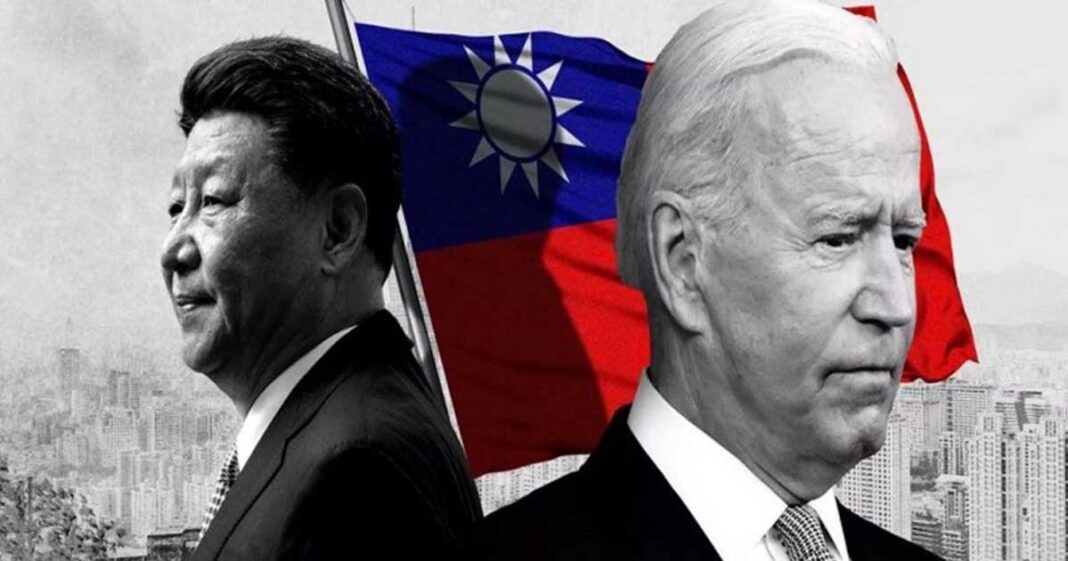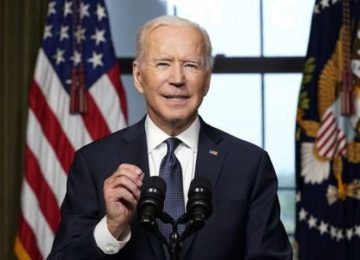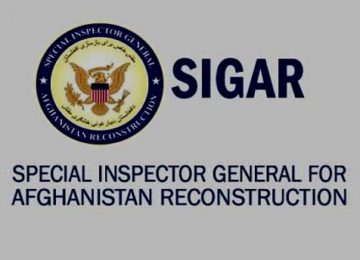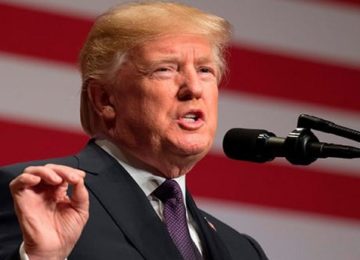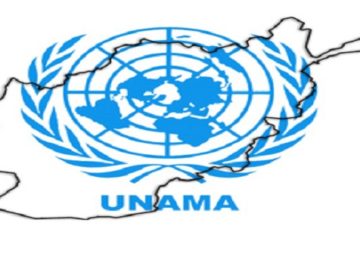The US approved sales of 1.1 billion dollars in weapons to Taiwan, a step likely to intensify already heightened tensions between Washington and Beijing. China strongly feels that the US should not interfere in its internal matters or try to undermine the sovereignty of China and its economic superiority which has been a threat to the US more than ever before.
The US-China relationship appears to be at an all-time low and its worst in decades. Countless issues have caused tension to rise, with Taiwan always being in focus lately. In the past, the stability of the Taiwan Strait was something that both China and America were interested in. However, now that both great powers perceive the other as an existential threat, the Taiwan problem is quickly turning into a test of national will between the two.
On 2nd September 2022, the US approved sales of 1.1 billion dollars in weapons to Taiwan, a step likely to intensify already heightened tensions between Washington and Beijing. The proposed deal includes a $655m radar system to track incoming strikes and $355m for 60 Harpoon missiles, capable of sinking ships. It also includes $85.6m for Sidewinder surface-to-air and air-to-air missiles, according to the Pentagon’s Defense Security Cooperation Agency.
This announcement came after two Chinese fighter jets crossed the median line of the Taiwan Strait, which normally serves as an unofficial barrier between the two sides, Taiwan’s defense ministry said. Previously, China has also been making unprecedented military drills around the island. The sequence of events unfolded in response to Nancy Pelosi, the speaker of the US House of Representatives, visiting Taiwan last month despite repeated warnings from China not to.
Beijing views Taiwan as a part of its territory and insists it should be unified with the mainland, by force if necessary.
Although Congress still has the option to refuse the arms sale, it seems improbable that it will do so, given how strongly Taiwan is supported by US lawmakers from both major parties. A spokesperson for the US Department of State, which approved the sale, said the package was “essential for Taiwan’s security”, and called on Beijing “to cease its military, diplomatic and economic pressure against Taiwan and instead engage in meaningful dialogue”.
China on the other hand has asked the US to “immediately revoke” the arms sales. Liu Pengyu, the spokesman for the Chinese embassy in Washington, DC, said Beijing would retaliate if the need be. More incursions into Taiwan’s air defense identification zone, increased military drills, import restrictions on specific Taiwanese goods into China, impose sanctions against the US and Taiwanese government officials, or retaliation against US corporations doing business in China might all be used to achieve this goal.
Amid the crisis, Taiwan has warned China not to trespass its territory and that its armed forces would respond by the principle of “self-defense ” if China continues to provoke them.
However, China strongly feels that the US should not interfere in its internal matters or try to undermine the sovereignty of China and its economic superiority which has been a threat to the US more than ever before.
“It sends the wrong signals to ‘Taiwan independence’ separatist forces and severely jeopardizes China-US relations and peace and stability across the Taiwan Strait,” Chinese embassy spokesman Liu Pengyu stated.
The US needs Taiwan to preserve its military and economic presence in East Asia and to erect barriers to Chinese expansion. Taiwan is the ninth- or tenth-largest trading partner of the US. Hence, a majority of American consumers depend on the Taiwanese industry for semi-conductor supplies and related items. At the same time, Taiwan is a hotbed of cold war amidst the US-China rivalry – an enmity so grand that Washington even said that President Biden’s decision to pull out troops from Afghanistan was chiefly driven by Washington’s priority focus on China and the existential threat that it poses.
The United States is seriously operating vis-a-vis its rivalry with China. It has unequivocally expressed that it can always cross the line and would do so unabashedly. From Nancy Pelosi’s visit to Taiwan a few weeks back and the Pentagon’s public admission of China (and Russia) as a strategic threat, the current U.S. arms supply to Taiwan, all come with the intent to contain China and send a message to Beijing that the U.S. will do all in its power to defend the island nation.
By Zehra Zaidi
Originally published in Matrix
September 13, 2022



